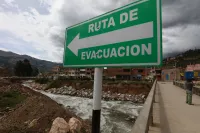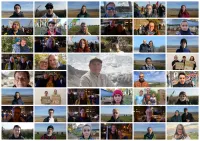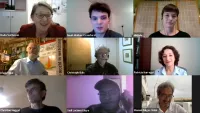
The environmental and development organisation Germanwatch points out that fossil fuel companies will have to disclose climate risks in their risk reports and have them externally audited. The reason for this is a new study by a team of researchers from the renowned London School of Economics and Political Science, which shows a clear connection between climate litigation and share price losses of affected companies.





